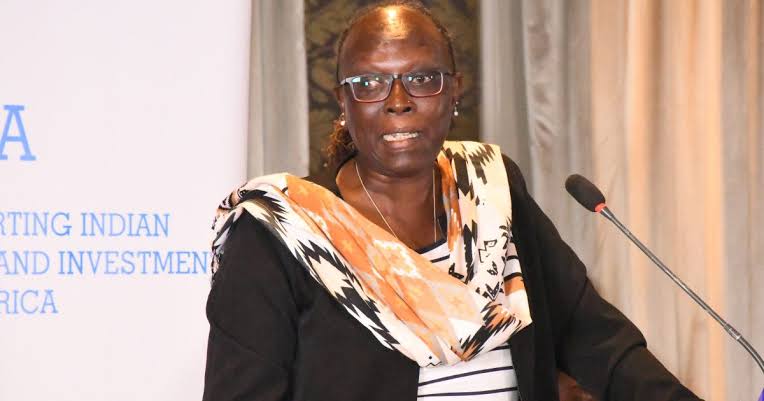Kenya’s health sector is facing a significant funding shortfall, jeopardizing critical HIV and tuberculosis (TB) programs, according to recent submissions by the National Assembly Health Committee. The crisis has been exacerbated by the suspension of key donor support, including funding from the United States, a long-standing partner in Kenya’s HIV response.
The National Assembly Health Committee reports that the Ministry of Health urgently requires $250 million to maintain essential HIV and TB programs currently threatened by the funding freeze. An additional $65 million is needed to hire 8,500 healthcare workers for the country’s Universal Health Coverage (UHC) initiative, while $31 million is required to procure essential commodities, including HIV treatments, family planning supplies, and vaccines.
Read more: Investing in Togo: How External Funds Shaped 2024
Committee Chair Dr. James Nyikal emphasized that this funding is crucial to meet Kenya’s counterpart funding obligations with GAVI (the Vaccine Alliance) and UNICEF. “If we don’t secure this funding, we’ll incur even higher costs later,” Dr. Nyikal warned.
The funding crisis coincides with an ongoing strike by UHC contract workers, who are demanding permanent employment, salary harmonization, and the payment of outstanding gratuities. The workers are also advocating for a dedicated budgetary allocation in the 2025/26 fiscal year to facilitate their transition into permanent positions.
While the Treasury has allocated $29 million for UHC worker stipends, the Health Ministry estimates that an additional $37 million will be needed to cover end-of-contract payouts by May 2026, and a further $28 million to absorb the workforce into permanent, pensionable positions.
This funding shortfall raises concerns about the sustainability of Kenya’s HIV and TB programs and the potential impact on public health outcomes. The situation underscores the challenges faced by many countries in Africa that rely heavily on external funding for essential health services.






